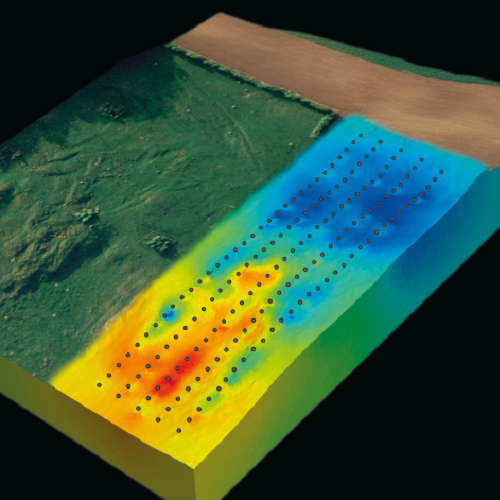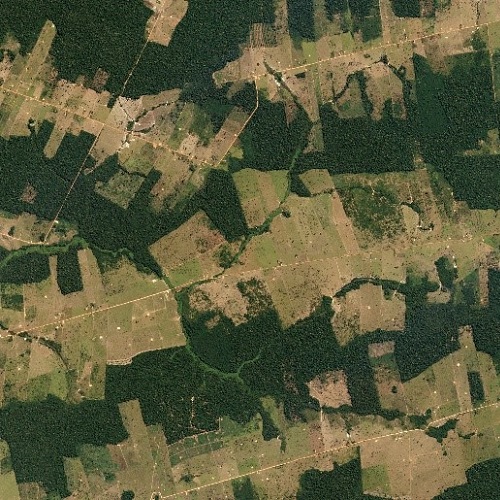PhD: The War-torn Woodlands of Britain: Reconstructing the ecological impacts of historical disturbance Location: Centre for Ecology and Hydrology (CEH), Lancaster Email Catherine Walker LinkedIn Twitter My drive to pursue a PhD in woodland ecology began after volunteering at my local woodland, Birchanger Wood, in Hertfordshire. Now a trustee of the wood, this experience has […]
Read More
PhD: Altered states: The mysterious microbial ecosystem beneath our feet: Unravelling groundwater microbiology Location: British Geological Survey, Wallingford University: Lancaster University Email Archita Bhattacharyya Twitter Facebook I have completed M.Sc. in Geology from IIT Kharagpur, India and B.Sc. in Geology from University of Burdwan, India. I found my passion to study hydrogeology during my B.Sc. […]
Read More
Coral reef ecosystems are in a state of change. Increasingly frequent and severe disturbances, and escalation of human interactions, are transforming many tropical coral reefs. At the same time, species are extending their ranges toward higher latitudes at remarkable pace, with tropical species encroaching temperate rocky reef environments. Despite these changes to the organisation of […]
Read More
Are you looking to transfer your experience of computational methods to tackling some important Earth science problems? We are interested in imaging the shallow subsurface (the top 100m of the Earth’s crust – the bit we rely on for water and many other resources and the bit that can change rapidly, e.g. a landslide, and […]
Read More
This project offers the exciting opportunity to develop fundamental new insight into the certainty of satellite estimates of climate change, with a focus on Earth’s polar ice sheets. The melting of ice from Greenland and Antarctica contributes more than one third of global sea level rise. Satellites provide a unique tool for systematically monitoring the […]
Read More
This inter-disciplinary project addresses the intractable problem of how to reduce tropical deforestation. Current strategies such as REDD+ are failing and rooted in assumptions of rational economic decision-making. However, emerging research highlights the socio-cultural roots of environmental problems and solution pathways (e.g. Chan et al. 2020, People & Nature). Understanding people’s environmental values is increasingly […]
Read More
The world’s population relies on using nitrogen to boost crop yields and ensure sufficient food production. However, application of nitrogen fertilizer in excess of that taken up by plants and animals causes contamination of soils, surface waters and groundwater reserves. This has major implications for environmental and human health, causing eutrophication of surface water bodies […]
Read More
Global declines in migrant bird populations are a major threat to the world’s ecosystems. Migrants provide vital ecosystem services at large spatial scales, and avian population trends are key indicators of environmental change. Understanding and reversing the declines in migrant populations is therefore a conservation priority, but the underlying causes are unclear. While a growing […]
Read More
Poor air quality is the number one environmental health threat in the UK, contributing to ~30,000 deaths per year, while also exacerbating several health conditions. Air quality depends on the amount of pollutant emissions and the prevailing weather conditions. This means that we expect it to be different in the future, both due to changes […]
Read More
Why this project is important: Ensuring grasslands, which cover 40% of the UK, provide a suite of ecosystem goods and services and store natural capital is critical for societal needs. However, new understanding of grassland ecosystem response to climate and land use change and predictive capabilities are required to promote strategic land-use decisions that support […]
Read More










